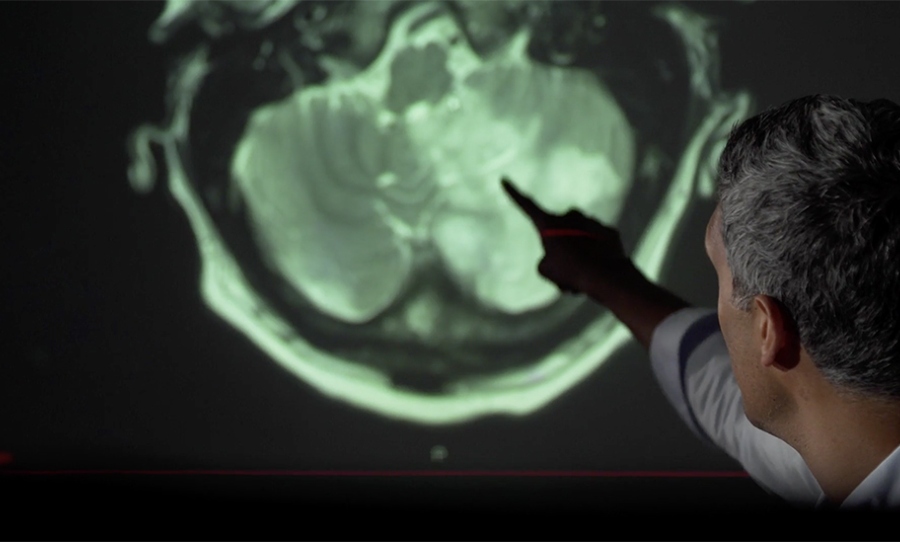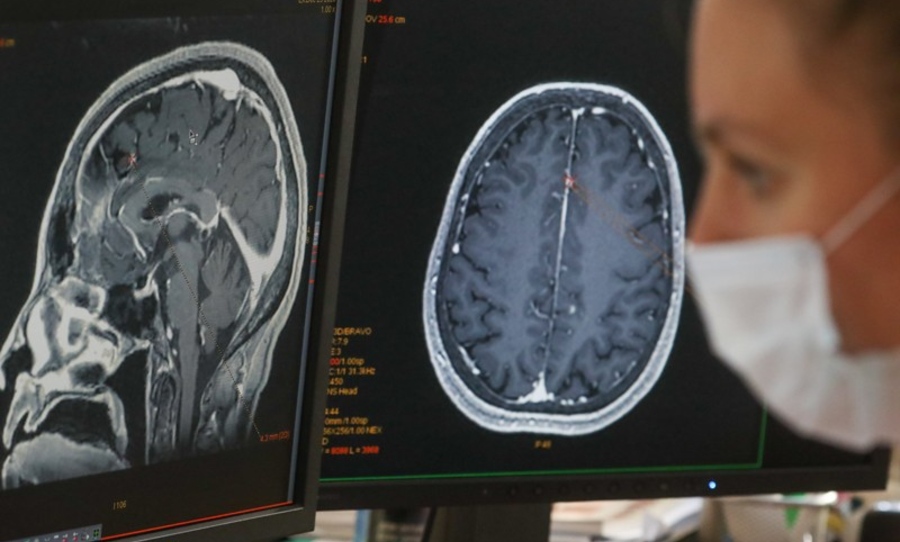Researchers in France compared brain scans of patients to see if COVID-19 lockdown measures had physiological effects on our brains.
The study, published in the scientific journal Human Brain Mapping, found that social isolation and reduced physical activity caused by the COVID-19 pandemic has led to decreased brain metabolism function.
With many of us experiencing difficulty with social seclusion and a lack of time outside, the study wanted to investigate the science behind these large social and habitual changes to see if there is anything we can do to help the negative effects.

The study, The impact of COVID-19 lockdown on brain metabolism, was authored by Eric Guedj, Jacques-Yves Campion, Tatiana Horowitz, Fanny Barthelemy, Serge Cammilleri, and Mathieu Ceccaldi.
Specialising in molecular neuro-imaging, Eric Guedj, a professor of biophysics and nuclear medicine at Timone Hospital and Aix-Marseille University said, “With the lockdown, it was interesting to investigate whether sedentary lifestyle along with social isolation may have a negative impact on brain functioning.”
“Moreover, we are currently working on the brain substrate of long COVID, and some colleagues link the condition to the psychological/physiological effects of lockdown.”
A worrying study about the possible long term effects of COVID. A comparison of brain scans before/after infection finds that even mild COVID leads to:
– a decrease in brain volume,
– lower cognitive performance. https://t.co/JSmBr9glyp pic.twitter.com/JvkjGn84UM— Lionel Page (@page_eco) October 24, 2021
The study compared PET scans of adults’ brains before, during, and after the COVID-19 lockdown in France.
The sample included 212 patients and was also investigating the effects of ‘long COVID’, a term used to describe the lingering effects that some experience for months after recovering from the COVID-19 infection.
“Lockdown is associated with functional impairment of brain motor and emotion networks, with a major impact on younger adults (probably because it was a break from a previous model of functioning), and only partial reversibility during the deconfinement,” the study outlined.
“If we consider that the lockdown has protected people from the outbreak spread, it has also been associated with obvious psychological and physical side-effects. The issue was to specify if long COVID is also a consequence of these functional impairments due to societal measures or more directly a consequence of the virus itself.”



